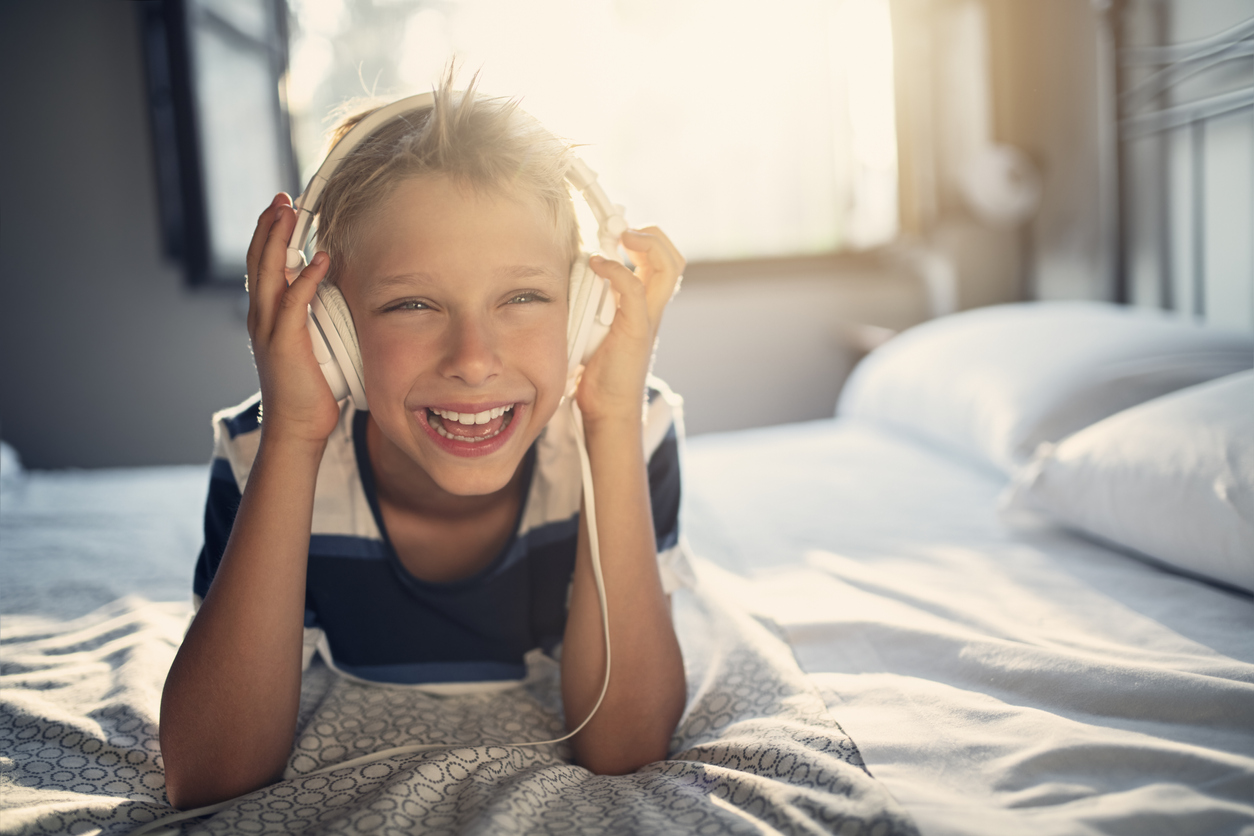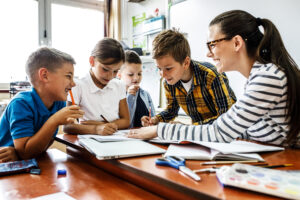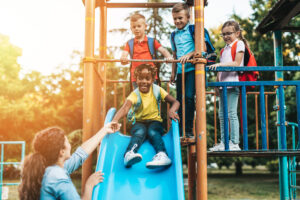How much do we love audiobooks? Let us count the ways …
With children across the globe being schooled at home, thanks to COVID-19, many parents are worried about one thing: what will happen to their kid’s reading habits? Reading fatigue happens at the best of times, and for children with dyslexia, it can be especially difficult to stick to their reading lists when there’s no one there to walk them through it.
Well, The Learning Lab has one word for you: Audiobooks. There are tons of apps and websites you can use to download pretty much any audiobook out there. And hey, most of them are free too.
So why do we love audiobooks?
1. Children with learning differences can enjoy their favorite books
Audiobooks are one of the most helpful accessibility tools out there, as so many children with different abilities can enjoy them. Saying that audiobooks are “cheating” grossly ignores their importance for children with learning differences.
Cognitive, developmental, and physical conditions that hinder a child’s ability to process the written page can slow down a child’s learning, and frustrate them.
So without audiobooks, a large population of kids would go without reading, especially if they didn’t have the support needed to work through their challenge. Could you imagine a world where you never got to experience The Magic Garden? Matilda? Or the Very Hungry Caterpillar?
2. Audiobooks increase comprehension skills
Studies have shown that listening to audiobooks has a positive impact on children’s listening comprehension, reading accuracy, and motivation for learning. This goes for both children with a learning difference and those without.
It can be a more calming and straightforward style of learning for them. The audible aspects of an audiobook are perfect for those with learning differences because there are so many factors that make them digestible. Tone of voice, inflection, volume, the fact that you can change the speed of narration– visual books may be great, but they sure don’t have these game-changing elements.
3. Language, grammar, and vocabulary skills
The same research has also demonstrated that audiobooks have a significantly positive impact on vocal pronunciation, grammar, and vocabulary. It’s one thing to read a word, but it’s a different experience to hear it out loud.
Regardless of your abilities, how many of you discovered you were pronouncing a word completely wrong until you heard someone say it? Most of us, realistically. For a child with dyslexia, both reading and listening to the words will do wonders for their own sentence formation. Kids who are auditory learners will also remember vocabulary with more ease too.
4. Audiobooks are convenient, quick, and easy to digest
Audiobooks can be digested a lot quicker than their hard copy counterparts because it takes less time to listen to a page than read it. This is not only more comfortable for the child, but it also gives them extra time to do other activities, sometimes at the same time as listening.
For a child with dyslexia, reading a single page may take a lot longer than other children; this way, they’re on the same level with the same piece of reading. It’ll help them enjoy the book at a good pace and help them learn quicker too.
5. Kids can enjoy books regardless of reading level
They can sail the high seas with Jim Hawkins, or follow Bilbo Baggins on a golden adventure, not worrying about their ability to read long words.
They can enjoy themselves without getting confused about syntax and prepositions. Fiction, nonfiction, poetry; these are things that should be accessible to all children, and audiobooks are a great way to make this possible.
The Learning Lab is a learning center that works with children with learning differences. We offer virtual learning courses, digital therapists, and intervention programs to best meet your child’s needs. At Learning Lab, we support the full “ecosystem” of children who are smart but struggle in a traditional school setting. Our personalized approach for each child teaches the way that they learn and paves the way for a collaborative educational experience between learners, their families, and school communities. Find out how we can help your child.





